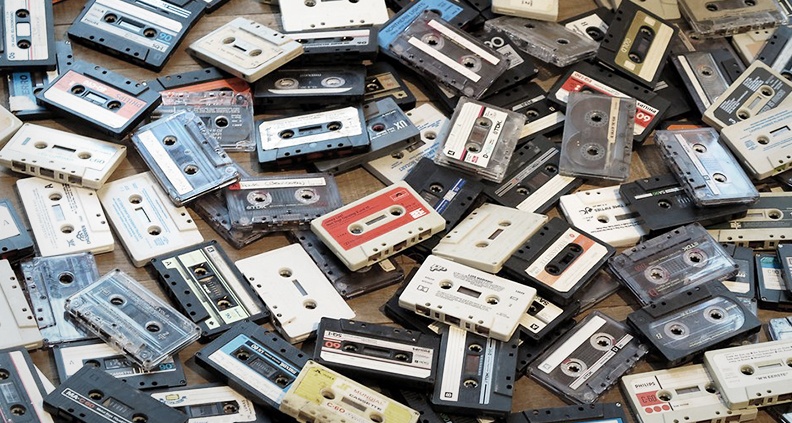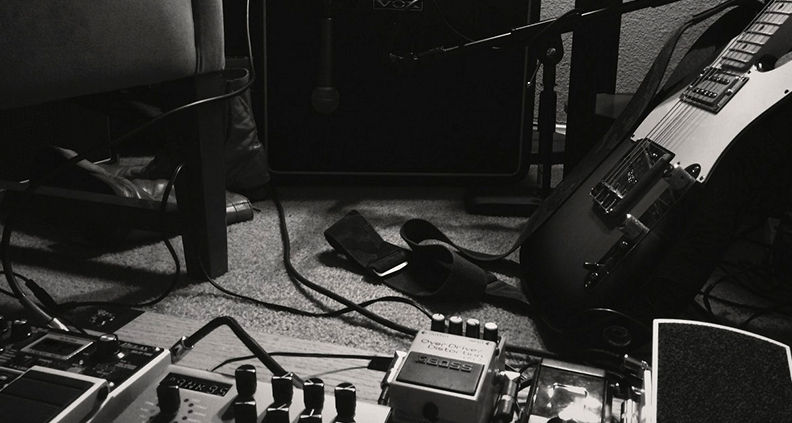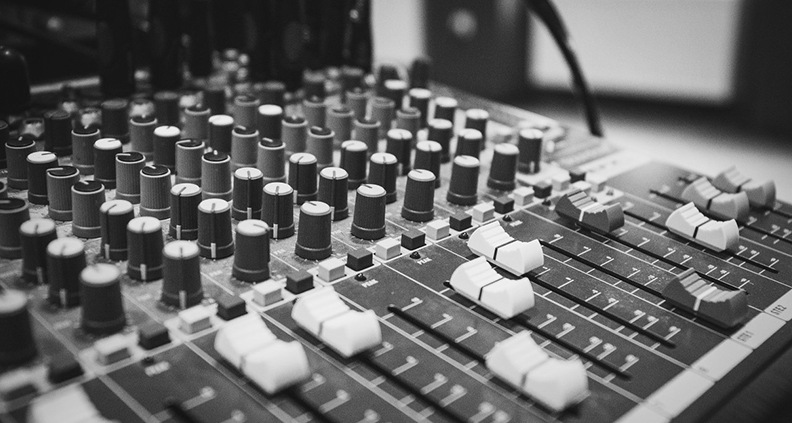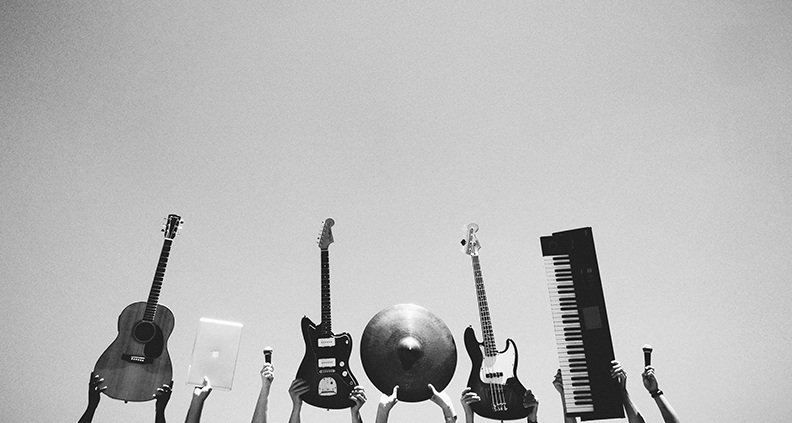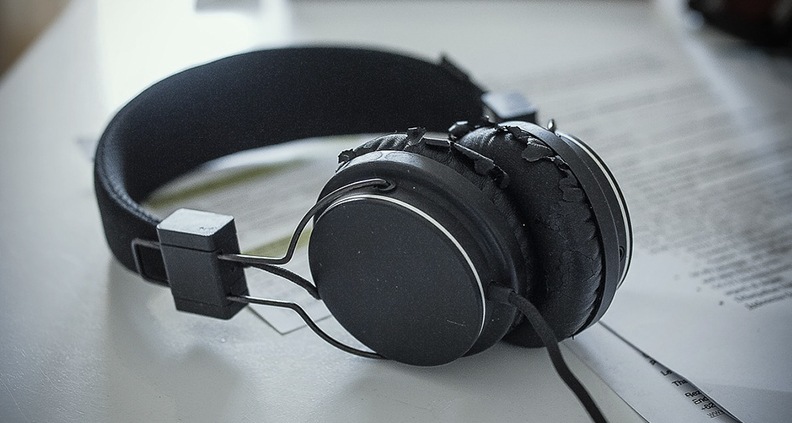As a composer, when being considered to score a film, TV show or videogame you’ll often be asked to create some sort of demonstration of your skills. Sometimes you have months to soak up the style of the film and the genres of music you think will be best for the project. Other times you first hear of a project when the production is well under way—and there’s a time crunch. For the latter, showing that you can work quickly and still produce a high-quality score can be the difference between getting the gig or not. So, what do you do? You need to create a great-sounding demo with sampled elements or a mix of samples and live instruments. Luckily, this is made easier by the fine software and sample libraries available these days. That being said, a judicious use of a few live melody instruments with samples mixed underneath will show your demo in its best light. And it’s essential to be able to recreate the sound of an orchestra and other live instruments—inexpensively—in our own home studios. A quick turnaround time is good for employability. But in order to deliver a quality demo quickly, you’ll need the necessary skills. Whether you’re recording most of the sound live or using mostly samples and libraries you will need to make your choices quickly and create the score expeditiously. Here’s how:
PRE-DEMO AND DEMO
Before you write music to a scene, you may be asked to demonstrate your ability to write a piece in the genre the director wants for the project. It’s typical to write up to three minutes of music that contains the “heart” of the desired style. There’s no need to develop the themes and ideas. It’s best to deliver the most essential part of the genre without repeating sections or long intros. In rare cases, you may be able to use music you have already composed that fits the mood and genre of the requested style. You may need to do this first step, or you may be able to skip right to step two: when the director trusts you can deliver in the genre she is looking for you, will need to compose music for a specific scene. In this case, you as the composer need to deliver the cues as they’d appear in the final film. You’ll often create mock-ups using samples of instruments that are too expensive to record live for a demo. You need to be skilled in the use of the technology in order to save time. But the effect is best when a few live musicians can be hired to play the melody parts and the samples are used to support these real musicians.
PICK A LANE AND STICK TO A GENRE
You’ll need to create a demo score that supports the drama of the scene you’re scoring. That means picking a genre and sticking to it. It can be tempting to “cover your bases” by composing a few different styles for your demo. You might imagine that the director wants to hear all your skills demonstrated. But the demo needs to be as unobtrusive as the scene requires. That means writing enough to support the on-screen drama and no more. Even if the demo requires more than one or two cues, it’s best to keep them related to one style of the game, TV show or film.
DEMO THE RIGHT STUFF
If the director doesn’t choose a scene for you to score, you may be asked to choose one. Your demo will be convincing to your director only if it works to accentuate the story, and that’s much easier to do with a scene that is central to the story. But if you can, it’s of course best to defer to the director about which scene you should do—even though this may be difficult for one reason or another. For instance, the music you feel is best for the director’s scene may require very large ensemble. That large ensemble cue may be difficult to convincingly write for a quick demo. See if you can find a compromise that will let you write for a good scene and turn out a score relatively quickly.
COMPOSE WITH YOUR STRENGTHS
In your conversation with the director the style for the demo may already be defined. But if not, wherever possible compose in a style that you’re comfortable with. It’s always fun to stretch and work on a new style beyond what we’ve been hired to do in the past. But use this moment to show what you’re great at. Of course, if the film calls for a score that includes music in a style that will stretch your skills, you may be able to incorporate that new style into the demo. Likewise, your output will come more quickly if you use hardware and software in set ups that you’re already comfortable with. Having templates in your software for the instruments already set up and knowing what your go-to hardware is will help you work quickly. In a related but slightly different area, you may do best composing for an ensemble that you understand and enjoy writing for. If you’ve written a lot for a jazz combo, an orchestra or more electronic sounds, consider how your experience can inform the creation of your demo for the new job.
HAVE A CHECKLIST
I keep a checklist of my workflow to streamline my demo process, using it to keep me focused. And it starts with deciding on instrumentation. If the cue is all on one instrument—say a piano, ukulele or bass guitar—I start playing that instrument. If it’s an orchestral cue, I start loading up templates and instruments. Either way, I then continue by setting a tempo and “tempo map” if the tempo will change. I outline the high points in the action and decide how to either accent them or give them space with less music. Maybe I improvise a harmonic structure while watching the video. Then I write melodies and counter melodies as needed. And the detail work follows. But each composer will have their own checklist with the instruments and technology that work best for them.
THREE WAYS TO DEMO FASTER
Note which styles you compose well in. Have a mental or a written list of the styles that are in your comfort zone (FYI, this will always be evolving and expanding.) Learn the kind of instrumentation you enjoy and respond to. When you hear or compose a piece that you love, study it and keep a record of that instrumentation to reference later. If you think, “that really conveys a particular emotion,” you’ll be that much quicker scoring that emotion in the future. Always be adding new vocabulary to your musical language and expanding your understanding of what works to support stories on screen. When a specific setting or detail helps a mix or an instrument sound better, save or commit it to memory. Good technique with hardware and software is transferable and repeating it can save a lot of time. Speed really helps when creating a demo on deadline. Knowing what works best in what style, your technology and your own composing skill set helps tremendously. Experimentation is always great for creating new sounds and an interesting score, but being able to repeat the powerful techniques you have already discovered to be effective is essential. Learn what you do best and as you widen your lane to incorporate more styles and techniques you’ll be producing demos more quickly and more efficiently. Learn how to become a Member of Film Independent by visiting our website, and click here to subscribe to our YouTube channel. Also, why not be our friend on Facebook, Twitter and Instagram?
